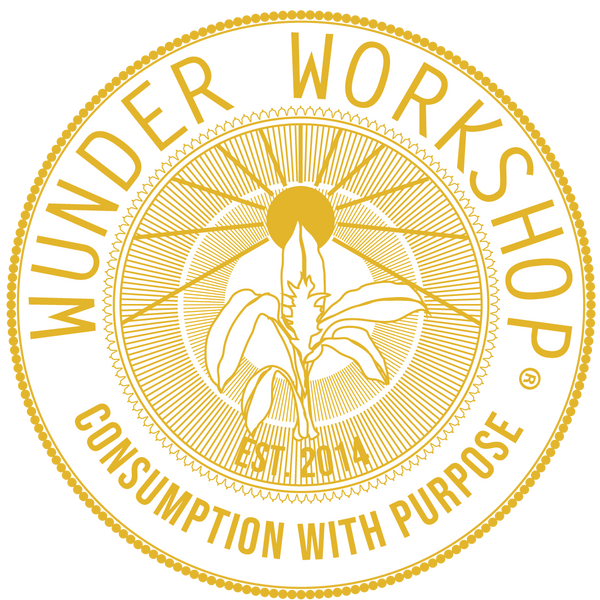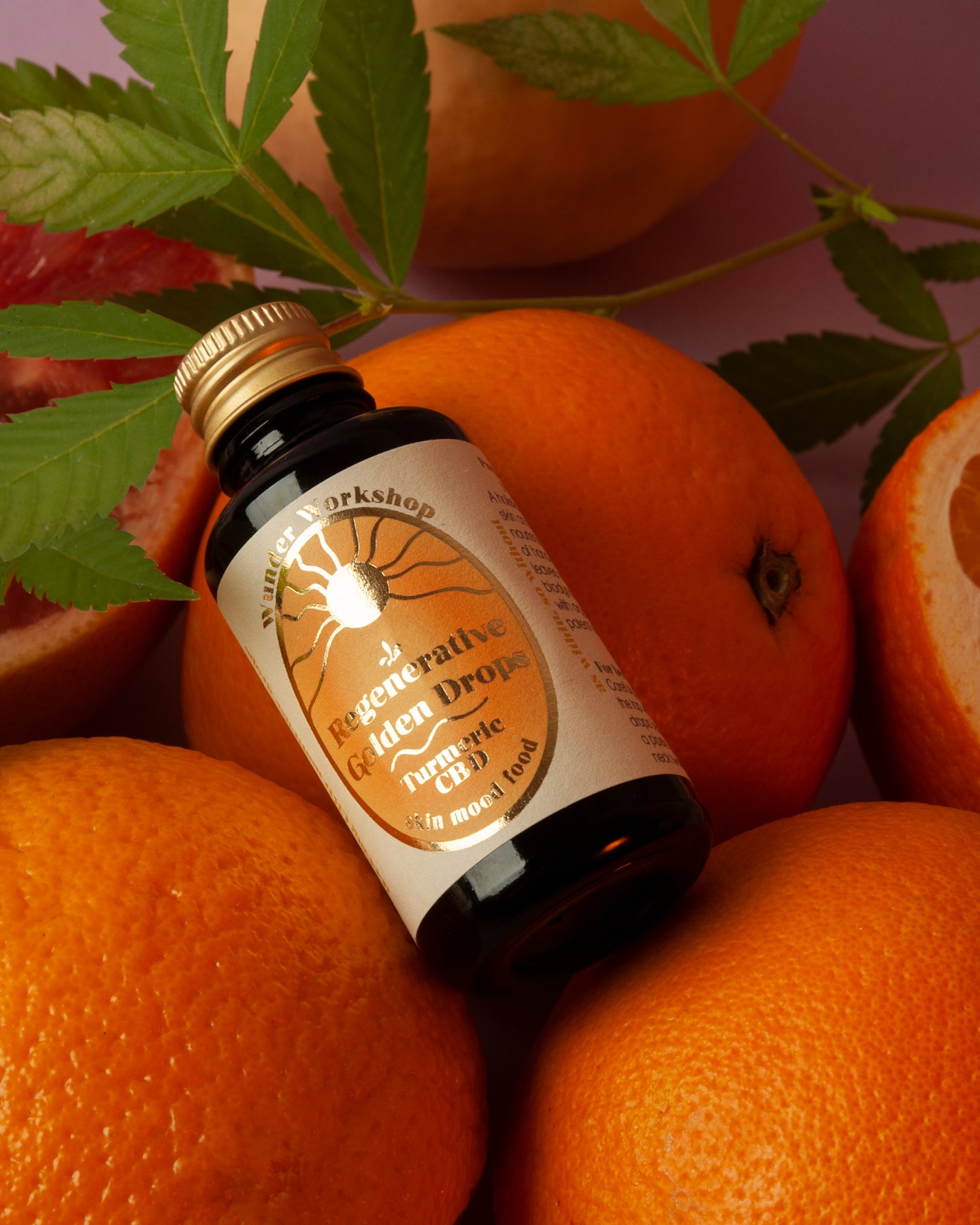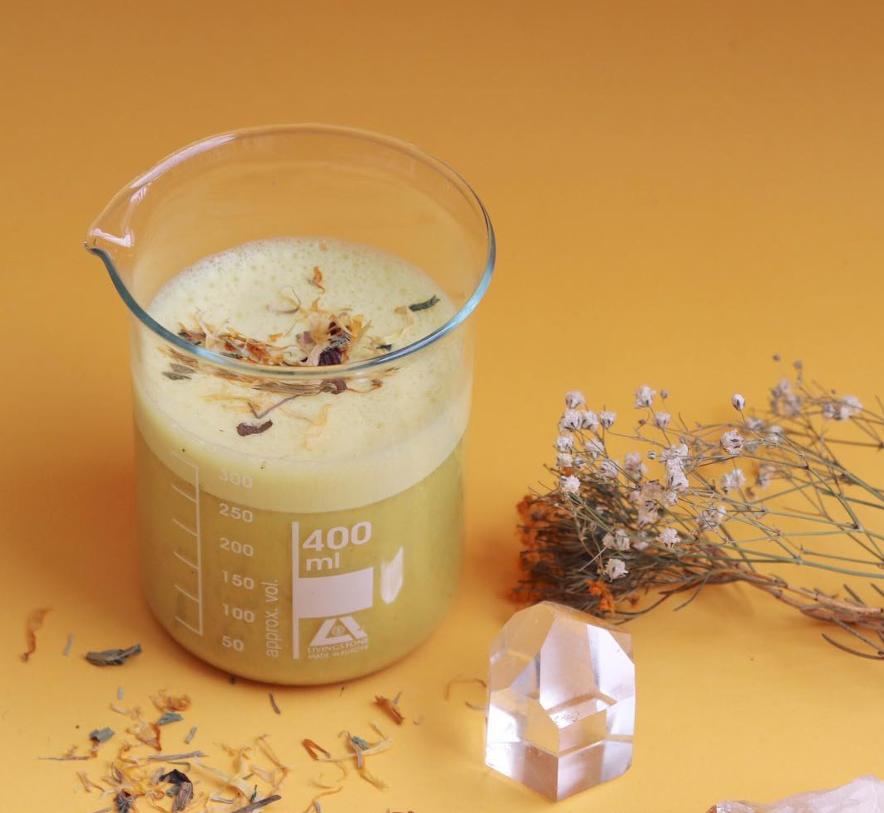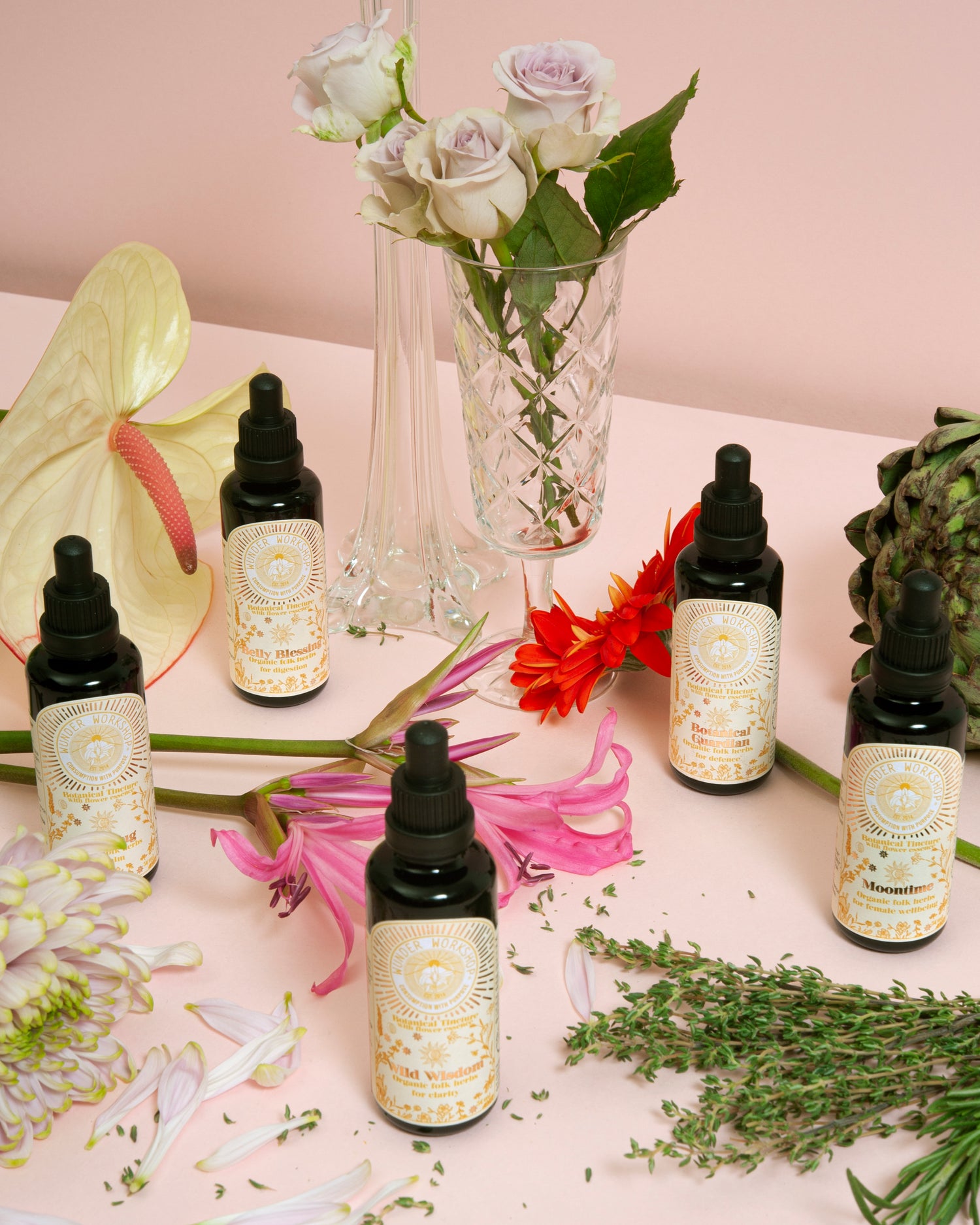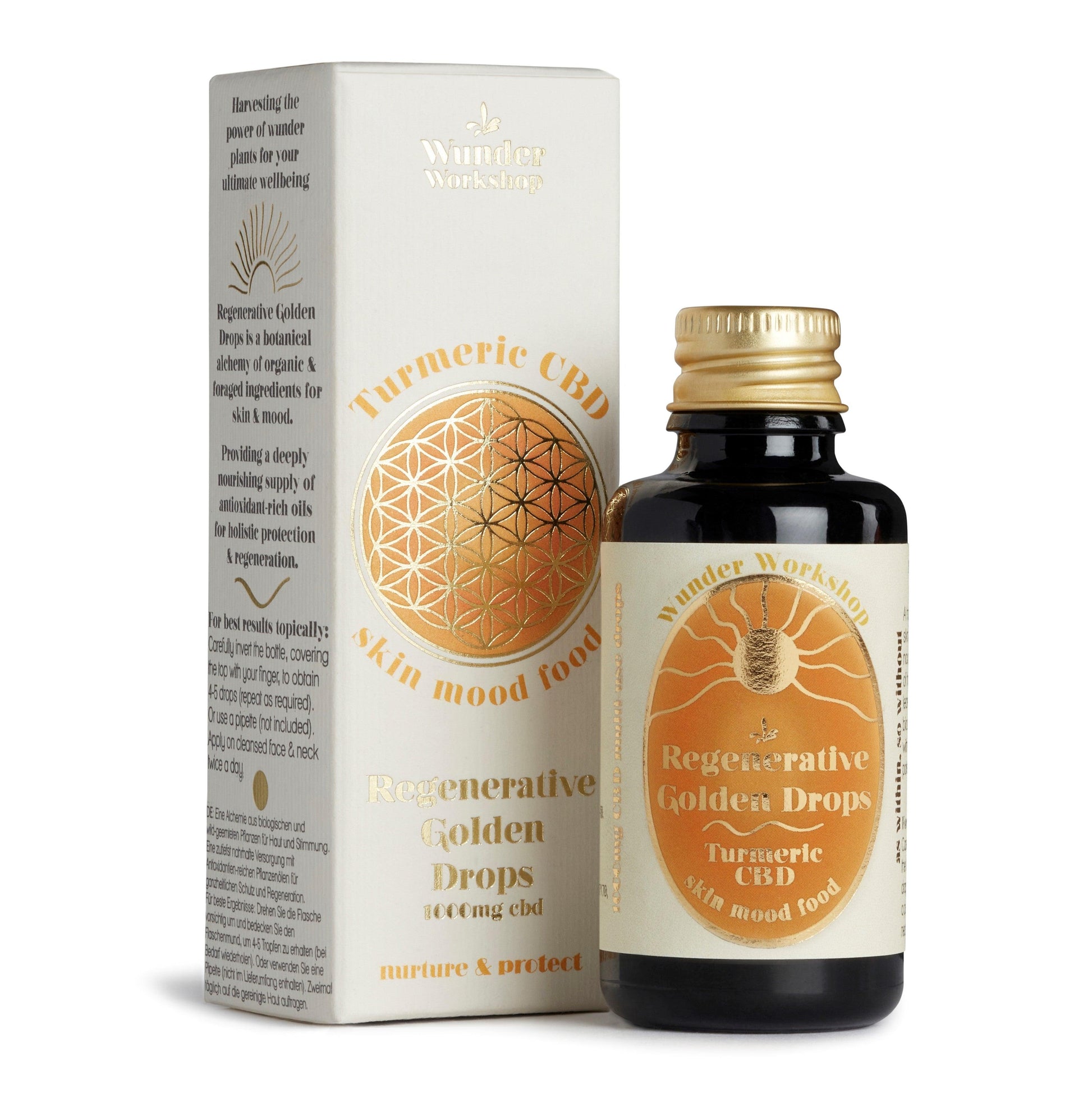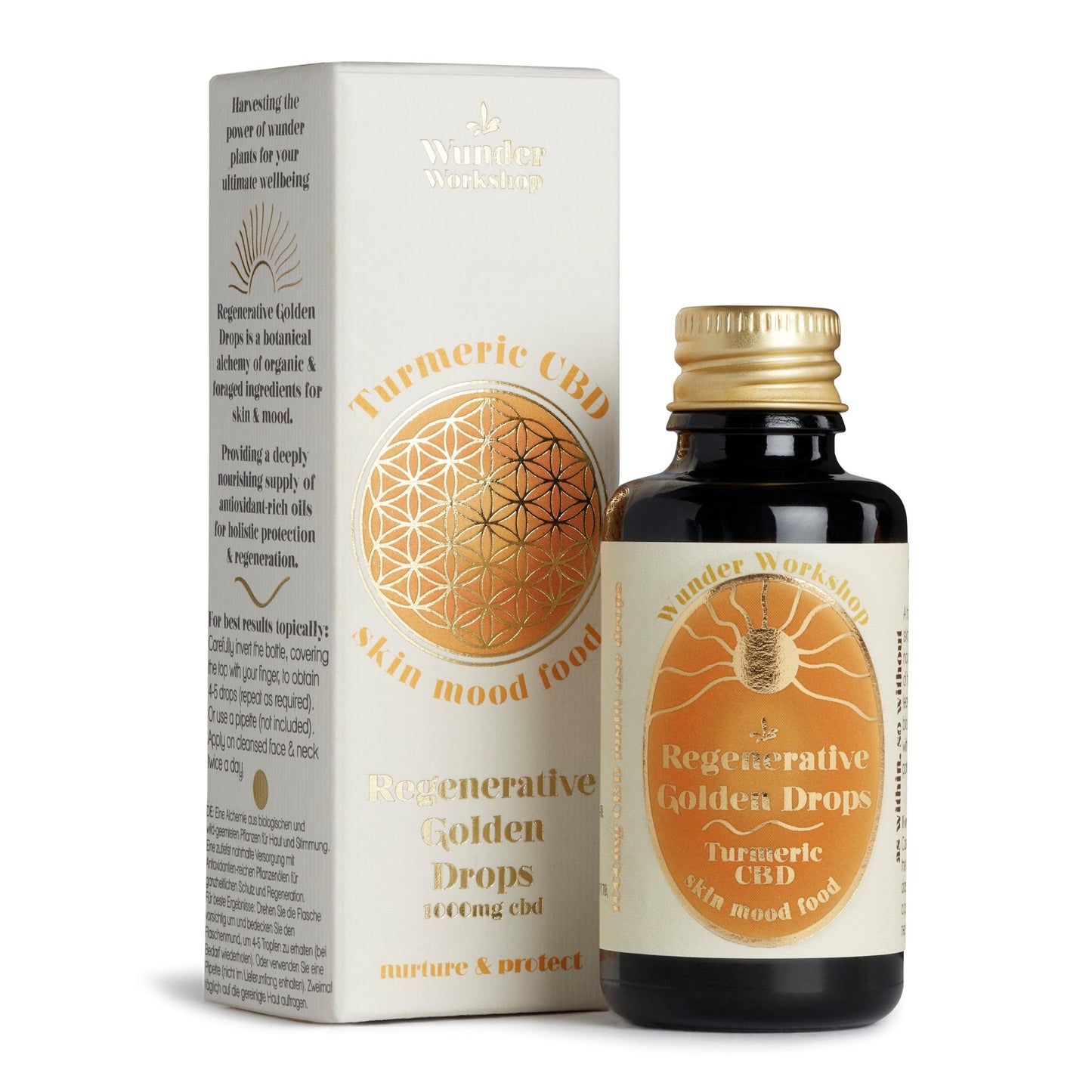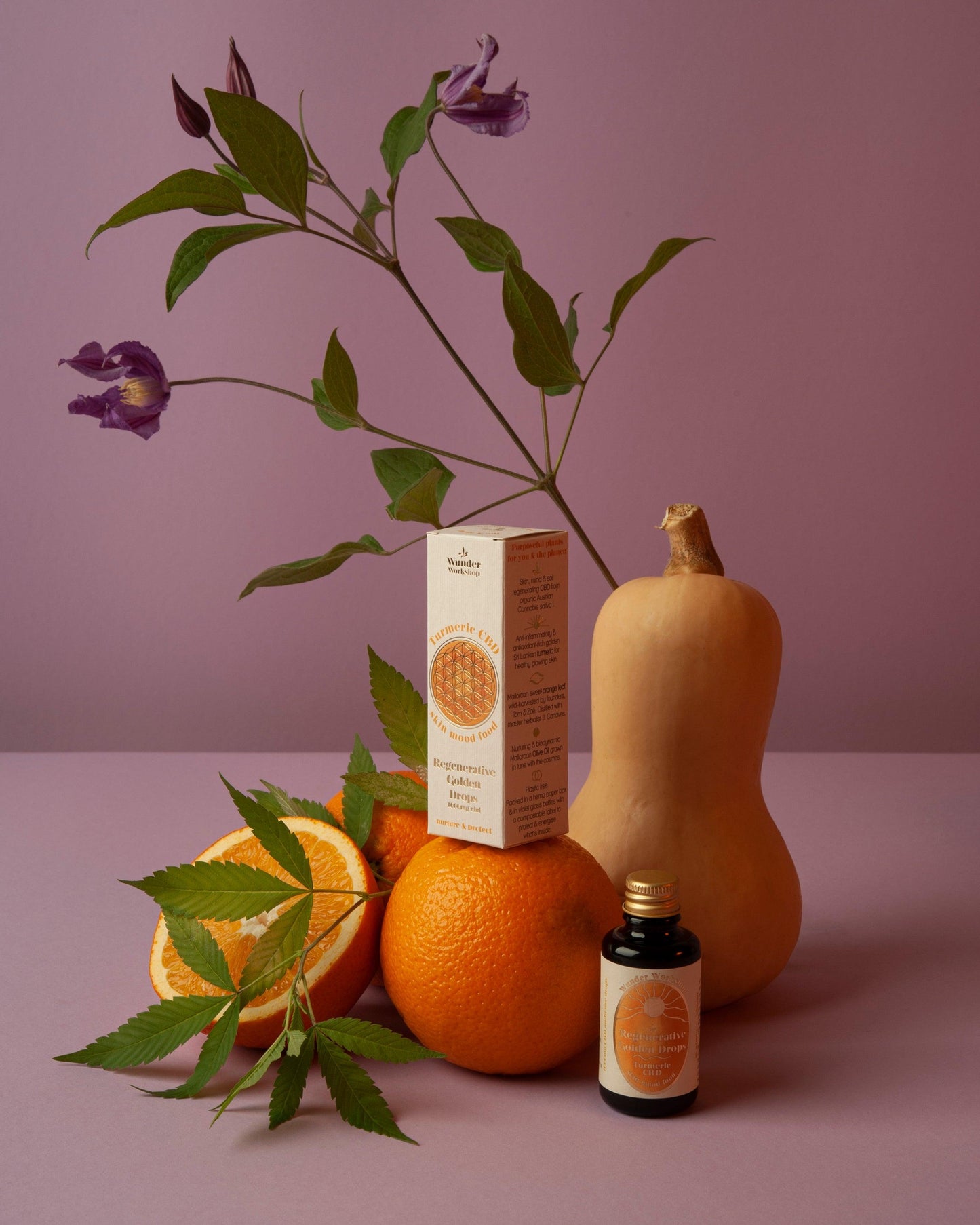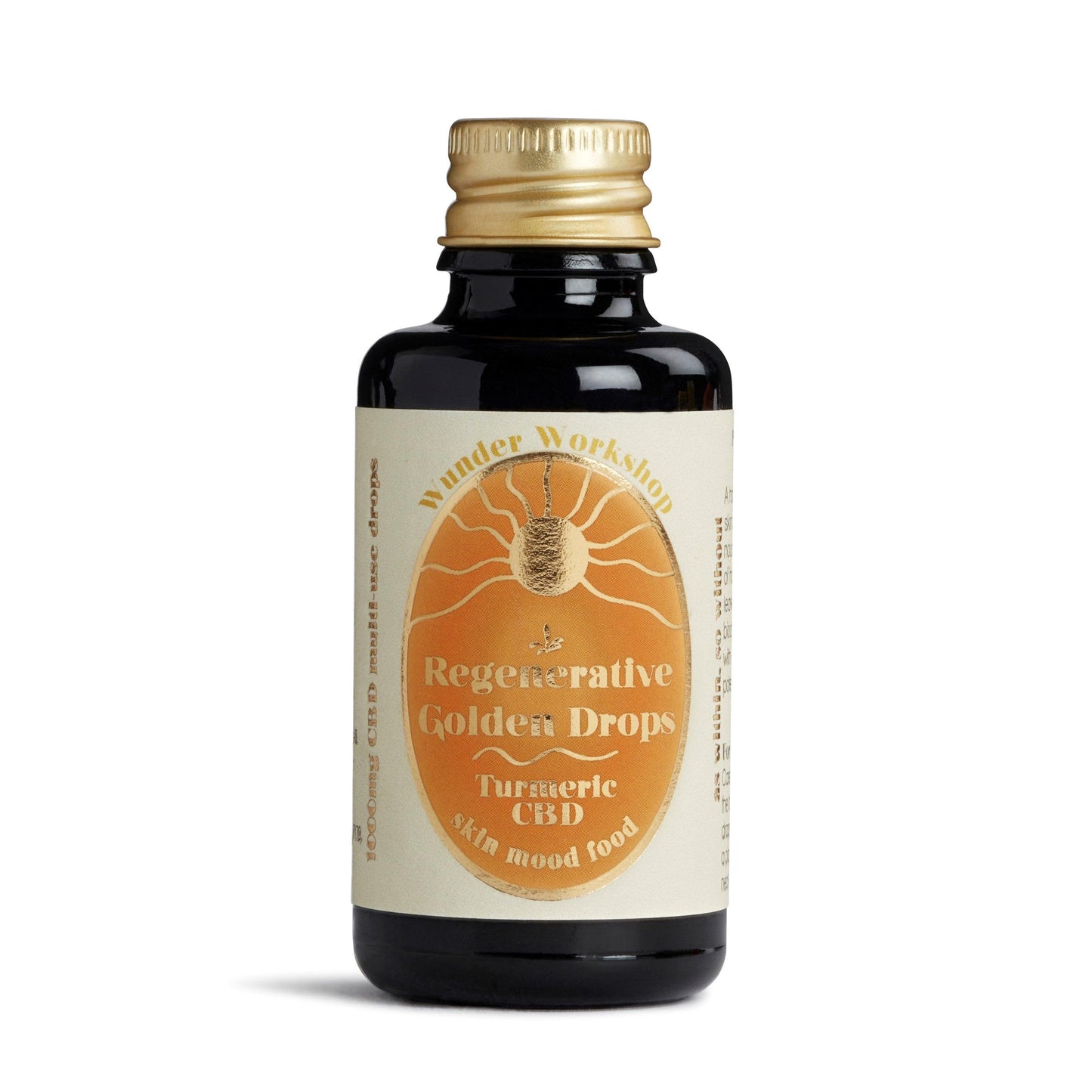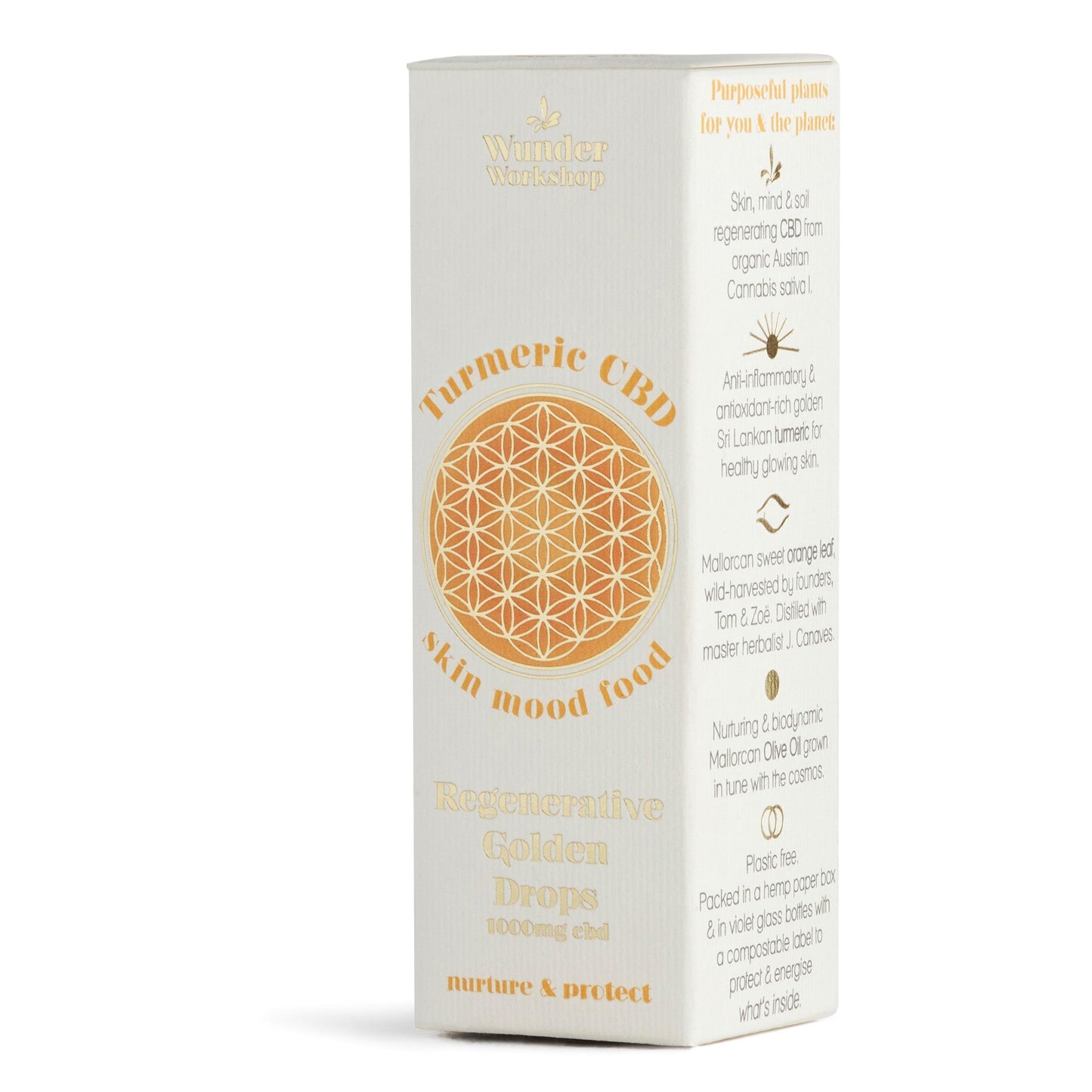
Siberian Ginseng (found in our Golden Glow adaptogen blend)
Eleuthrococcus senticosus, more commonly known as Siberian Ginseng, has been used medicinally for over 2000 years in Chinese medicine but gained its popularity in modern times in Russia, where it is coined ‘Russia’s secret plant’. Its original use in Traditional Chinese Medicine drew upon its immunomodulating activity that was preventative for colds and flu, as well as its adaptogenic qualities to increase vitality and energy. It is still used for these purposes today, particularly by sportsmen and women, who use it as an ergogenic aid in their athletic performance. It is also now used as a plant medicine for a myriad of benefits including mental focus.
Siberian Ginseng is approved in Germany by the Commission E as a herb for a declining capacity for work or concentration. In Ayurveda, this herb has long been recognized for this action as it is classed as a Medhya Rasayana, a nootropic herb that improves cognitive function.
Pharmaceutical amphetamines have been used both past and present as central nervous system stimulants to help with focus and attention. Recently, drugs such as modafinil have been used as a ‘smart drug’ gaining popularity with pilots and students alike. However, Russian cosmonauts have used Siberian Ginseng since the middle of the 20th-century to improve mental alertness. They had found that the amphetamines only had a very short-term effect and serious side effects in the long term. Russian researchers secretly studied the medicinal effects of Siberian Ginseng on earth and in space and found that it improved mental function alongside other herbs. This has been re-studied in recent years with the same results finding it improves attention and increases speed and accuracy during stressful cognitive tasks compared to placebo. In fact, it was taken by Dr Valeri Polyakov who set a world record for time spent in orbit, 437 days, which remains the longest single stay in space.
One of the possible actions that make it a focus herb is its action as a vascular relaxant. A variety of vasorelaxation pathways culminate in a widening of the body’s blood vessels, including arteries, veins and capillaries. This action helps maintain healthy blood flow, increasing oxygenation to the cells in the brain which in turn improves memory, concentration and mental stamina and even visual acuity.
The other relevant action is the allostatic nature of Siberian Ginseng. Allostasis is the body’s adaptation to stress. Studies have shown that Siberian Ginseng may work to a cortisol threshold, below which it increases the cortisol and above which it decreases it. This is such a useful action for attention as raised cortisol levels and stress increase your alertness, attention and focus but to lead to overwhelm, anxiety and underperformance. Conversely, low cortisol levels result in boredom, fatigue and a lack of focus. Therefore, mediating cortisol levels, which studies have illustrated Siberian Ginseng can, directly impacts your ability to stay at the peak of your focus with optimum cortisol levels, as illustrated in the image below.
[Source]
Unlike traditional stimulants that can produce a temporary increase in work capacity followed by a period of marked decreased below basal levels (coffee for example), the initial increase in performance from ginseng is followed by only a slight dip but performance remains above basal level. Also, unlike coffee, the long-term effects of Siberian Ginseng, as well as the immediate effects, also increase your work capacity and will allow greater stamina in mental exertion before reaching exhaustion with consistent use over several weeks.
Siberian Ginseng can be taken as a food, tincture, tea or as a herbal powder and is found in the Wunder Workshop Golden Glow blend. I recommend 0.5-2g up to 3 times a day or as recommended by a herbal practitioner. In practice, it is often given for 6 weeks with a break of about 2 weeks before resuming treatment.
Research by Medical Herbalist Lily Canetty-Clarke
Drawing by Hannah Grace
